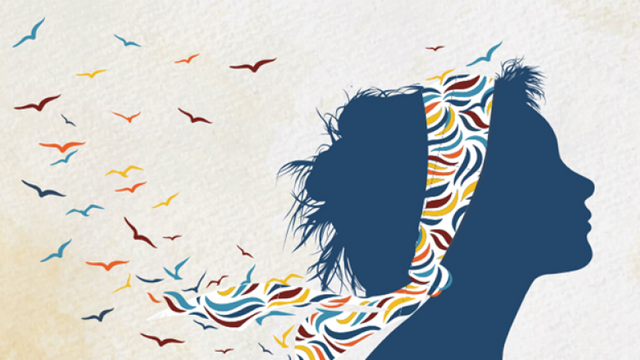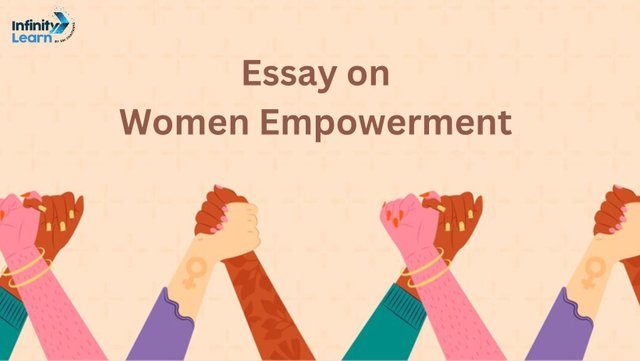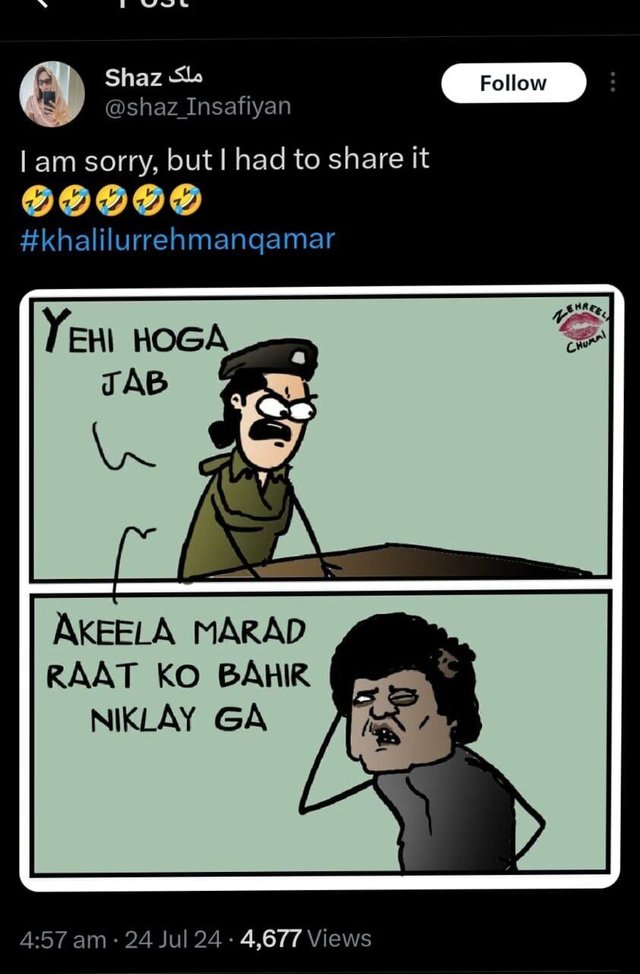
Men who deny women empowerment often perpetuate gender inequality and hinder societal progress. Such denial can stem from deep-seated patriarchal beliefs, fear of losing traditional power dynamics, or ignorance about the benefits of gender equality. These men may resist initiatives aimed at providing women with equal opportunities in education, employment, and leadership roles, arguing that such changes threaten their own status or the societal order.

This opposition can manifest in various forms, including discriminatory practices, belittling comments, and even overt actions to undermine women's efforts. By obstructing women's empowerment, these men contribute to a culture of sexism and hinder the potential for collective growth and innovation. Empowering women leads to a more just and prosperous society, benefiting everyone by fostering diversity, equity, and inclusivity. Challenging these attitudes is essential for achieving true gender equality and creating a more balanced and fair world.

Khalil-ur-Rehman Qamar, a prominent Pakistani writer and director, has been at the center of numerous controversies, particularly regarding his views on feminism and gender roles. He is best known for his television dramas and films, but his outspoken and often incendiary remarks have sparked significant public debate and backlash.
One of the most notable controversies surrounding Qamar is his criticism of the feminist movement in Pakistan, particularly the Aurat March, an annual event advocating for women's rights. Qamar has openly condemned the march and its slogans, especially the phrase "Mera Jism Meri Marzi" (My Body, My Choice), which he perceives as contrary to cultural and religious values. His remarks on this subject have been perceived as misogynistic by many and have ignited fierce discussions on social media and in public forums.
In 2020, Qamar's appearance on a television talk show further fueled controversy when he engaged in a heated argument with feminist activist Marvi Sirmed. His derogatory comments and refusal to apologize for his stance drew widespread condemnation from various segments of society, including fellow artists, activists, and the general public.
Despite the backlash, Qamar remains a polarizing figure. Supporters argue that he is merely expressing his opinions and defending traditional values, while critics accuse him of promoting regressive and harmful attitudes towards women. This ongoing debate highlights the broader struggle within Pakistani society regarding gender equality and the role of cultural norms in shaping public discourse.

Impressive writings
A masterpiece
Downvoting a post can decrease pending rewards and make it less visible. Common reasons:
Submit